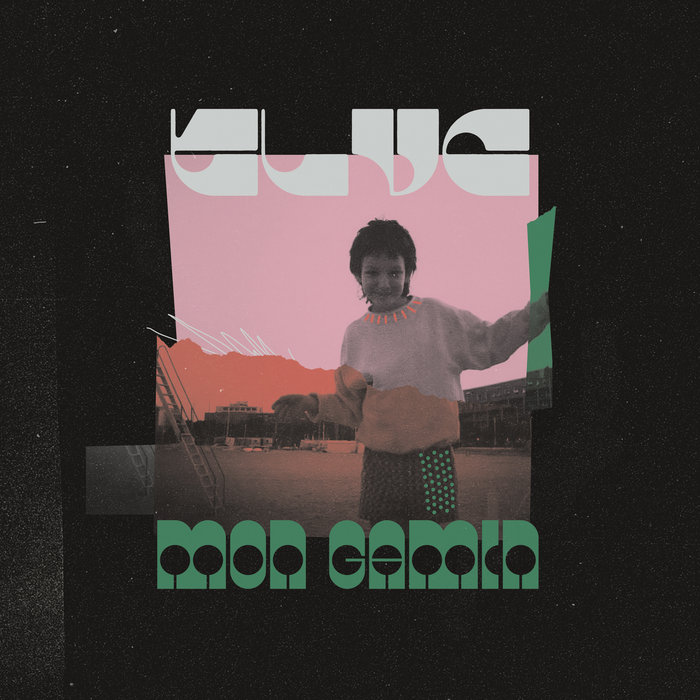
Salvador – The Loire Valley Calypsos
this blog is GROOVY – check out great Soul, Funk, Jazz, Hip Hop, Bass, Breaks , Reggae, House n many more TUNES
Welcome to Angers, a charming city in the heart of France where history meets harmony! Known for its stunning châteaux and vibrant culture, Angers has also carved out a unique spot on the musical map. So grab your headphones and let’s dive deep into the funky beats and melodious stories that make up this lively city’s music scene.
Back in the day, like way back in the medieval times (think troubadours strumming lutes), Angers had its share of musicians serenading folks with sweet chansons. These traditional French songs were all about love, life, and maybe a bit of wine—because what’s music without some good ol’ grape juice?
Fast forward to the 20th century when rock ‘n’ roll rolled into town! In the 1960s and 70s, young rebels with guitars popped up everywhere. The local cafés buzzed with electric energy as rock bands emerged from garages—plenty of hairdos and denim jackets included!
Did you know that one famous guitarist from Angers once tried to start a band called “The Hairy Toads”? Legend has it; they spent more time choosing outfits than rehearsing songs! They never quite made it big but gave plenty of laughs along the way!
Angers didn’t just stop at rock; oh no! As we slid into the jazz-fueled vibes of the late 20th century, jazz clubs started popping up like mushrooms after rain. Local musicians began experimenting with improvisation while sipping espresso at corner cafés.
In these soulful spots, artists embraced not only classic jazz standards but also modern interpretations. Young talents showcased their skills on stages throughout downtown—a haven for saxophonists and pianists alike.
One well-known saxophonist from Angers once attempted to perform an entire set while balancing on one foot—and yes, he fell right off his stool mid-solo! Instead of being embarrassed, he laughed it off and turned it into an impromptu dance-off with his bandmates.
As we cruised through the late 90s into early 2000s—BOOM—the electro beat hit hard! Dance floors lit up across nightclubs while DJs spun tracks that shook walls down like earthquakes. Local producers embraced techno rhythms woven together by synth melodies—a true explosion that made hearts race!
Alongside this electronic magic came hip hop’s rise as well. Inspired by global culture yet deeply rooted in local narratives, rappers began telling their stories through infectious beats layered over clever rhymes.
An emerging rapper tried performing an epic freestyle battle against another artist known for his smooth lyrics… only to accidentally rap about pancakes instead! While everyone was expecting something fierce or wise—it turned out deliciously funny enough for them both to join forces later under “Flapjack Flow.”
Today, festivals light up Angers all summer long—from Jazz en Ville celebrating improvisational tunes beneath twinkling stars to Festival des Accords, which promotes genres across cultures including reggae rhythms mixed with pop sensibilities—all grounding roots firmly within community spirit!
These celebrations bring passionate locals together celebrating everything melodic while giving newcomers flavors they’ve never tasted before.
At last year’s Festival des Accords event held outdoors near Loire River… someone dressed as a giant penguin joined dancers on stage midway during performances causing utter chaos amongst performers who could barely keep serious faces straight—they couldn’t help but laugh along too making hilarious memories instead!
So here we are cruising back through time showcasing how Angers became such a harmonious place filled not just by rich cultural heritage—but loaded upwards towards hilarious moments stitched tightly together creating unforgettable memories among dedicated fans; whether they’re strumming guitars harmonizing voices or busting moves in wacky costumes—that groovy vibe sticks around forevermore waiting patiently until next jam session rolls ’round again…
Next time you’re strolling through those picturesque streets take notice—you might catch glimpses behind every storefront real musical talent growing alongside delightful stories bubbling beneath surface delivering vibrancy unmatched anywhere else across France.
Until then—keep those ears tuned-in because you never know what kind serendipitous melody may float past next moment making anyone smile blissfully anew amid enchanting scenery ripe full adventure awaiting exploration beyond mere notes sung lightly upon airwaves drifting ever-changing sounds shared lovingly forth between friends old new alike guiding spirits dancing freely spreading joy above all else!

Salvador – The Loire Valley Calypsos
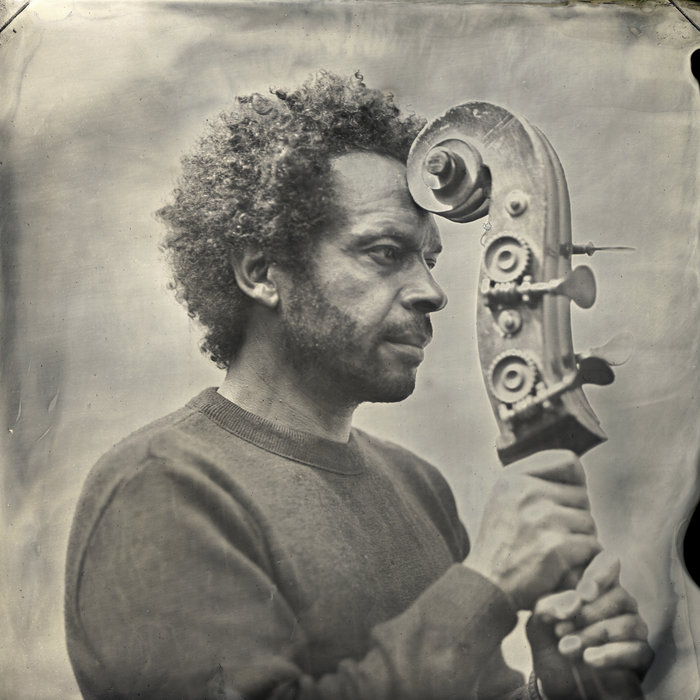
Kar kar kar – Kham Meslien
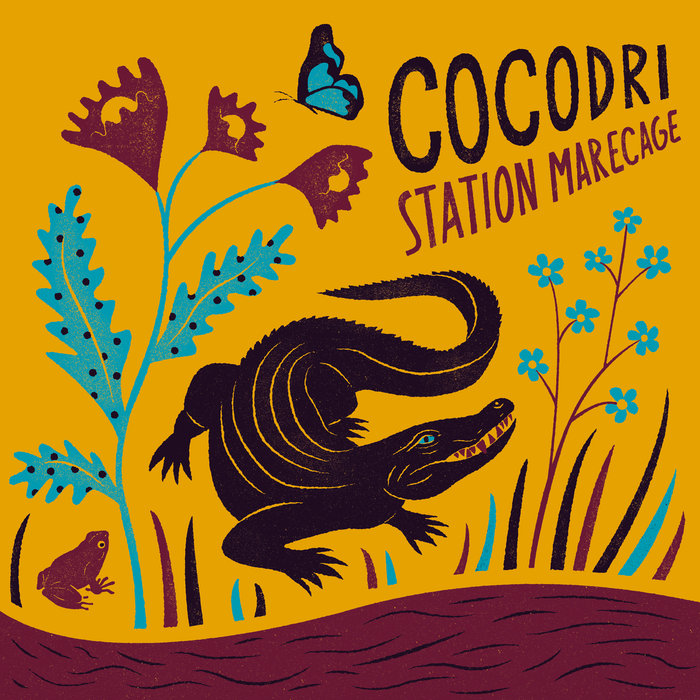
Mon amour m'a quitté – Cocodri
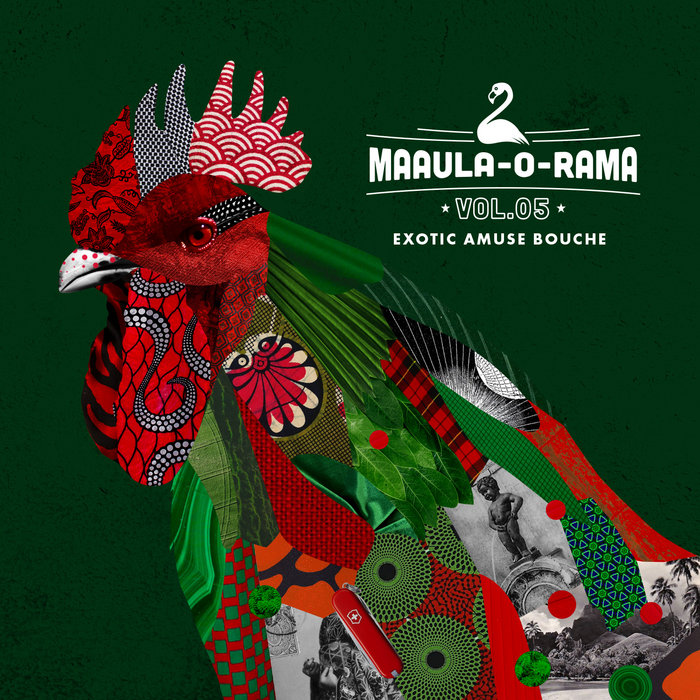
Island Fever – Tiki Paradise
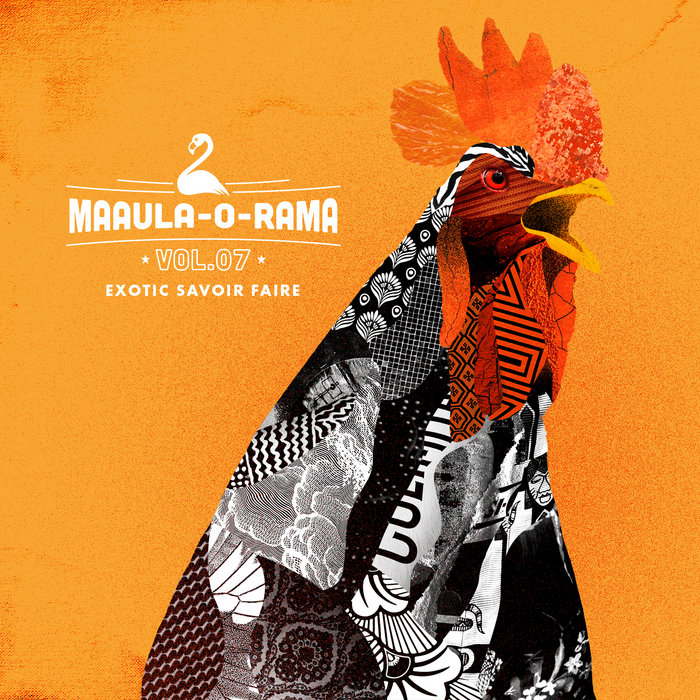
Las Orillas Del Loire – Chiva Rumbera
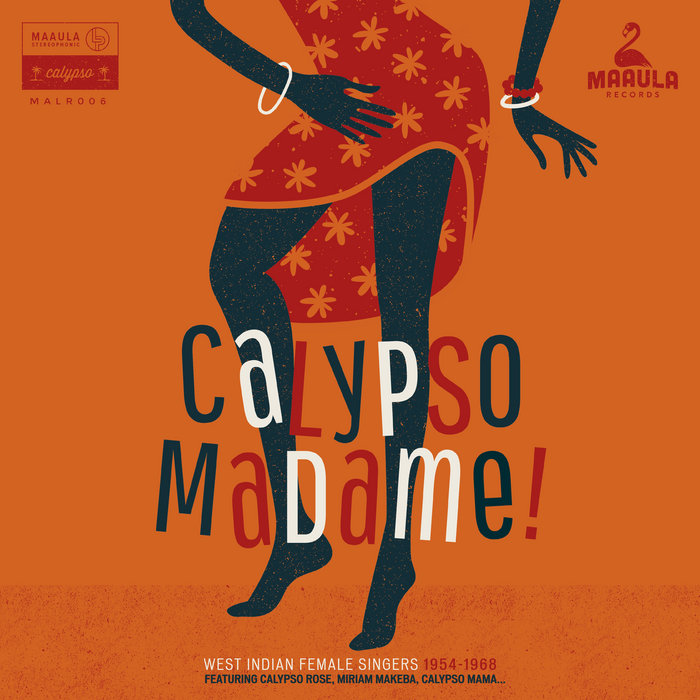
Calypso Mama – Run Joe – MaAuLa Records
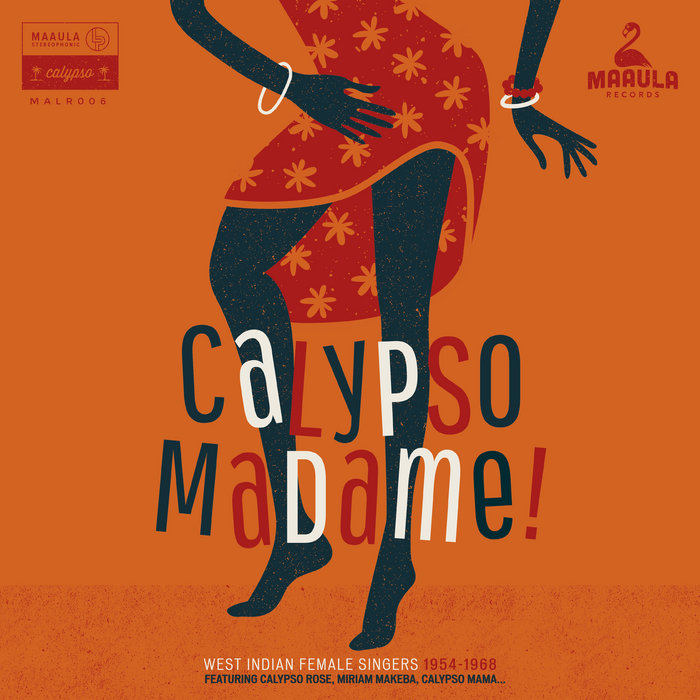
Calypso Rose – You must get a man – MaAuLa Records